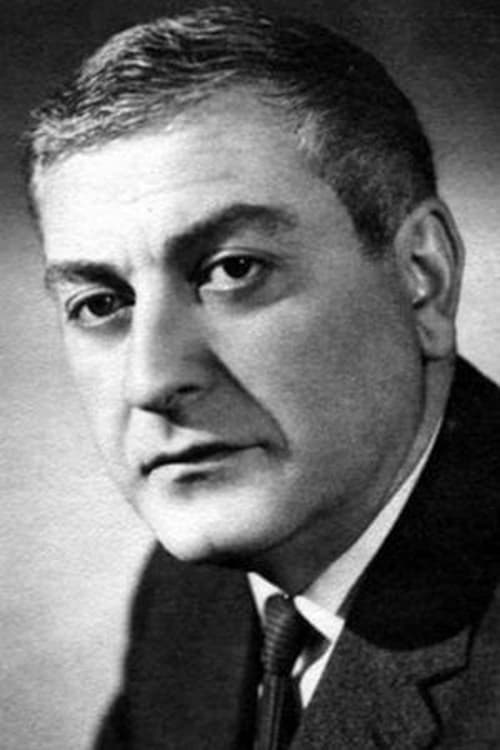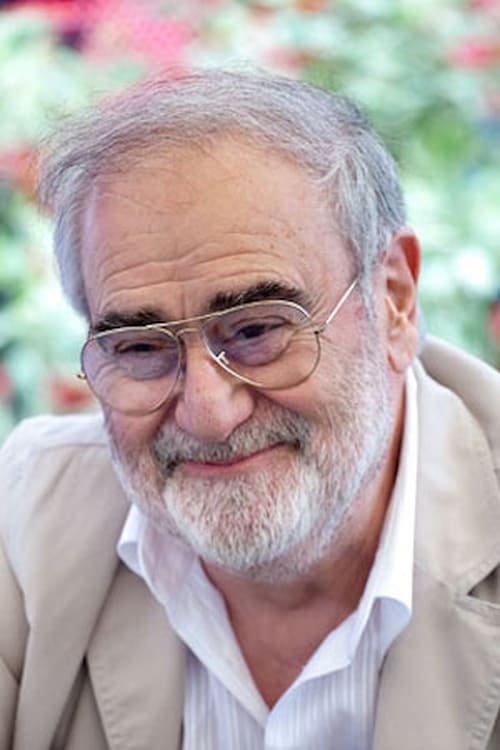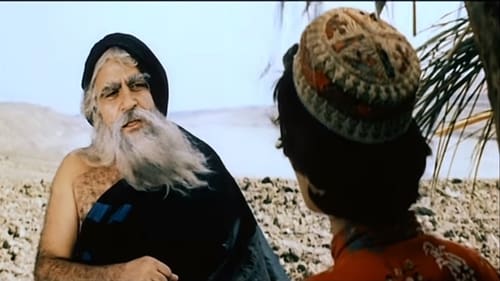The Way Home (1981)
장르 : 드라마, 역사
상영시간 : 1시간 18분
연출 : Aleqsandre Rekhviashvili
시놉시스
The way home for Aleksandr Rekhviashvili is not charted in the conventional sense. It takes the viewer along some peculiar roads and across a unique landscape: Georgian history and legend, politics and social stratification, religion and ethics. Allusive, stylized and allegorical from beginning to end, his long-banned The Way Home is in part a tribute to Rekhviashvili’s favorite director, Pasolini, especially to The Hawks and the Sparrows (1966). Together with the short film Nutsa (1971) and the widely acclaimed Georgian Chronicle of the 19th Century (1979; SFIFF 1983), The Way Home closes a triptych of films that represent Rekhviashvili’s poetic contemplation of Georgia’s past. It makes extensive use of poems by Bella Akhmadulina (the major female poet of the cultural ‘thaw’ of the ’50s and ’60s and a Georgian by descent), and of sets by Amir Kakabadze. Like other films in the trilogy, The Way Home is stunningly photographed in black-and-white.--Oxymoron
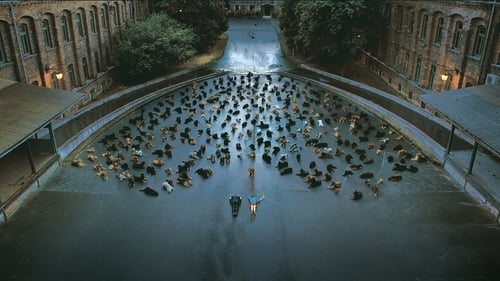
“하겐, 여기 있어..! 꼭 데리러 올게” 순종이 아닌 잡종견에게는 무거운 세금을 부과하는 헝가리의 정책으로 인해 하루아침에 집에서 쫓겨나게 된 개 ‘하겐’과 그를 찾아 헤매며 방황하는 13살 소녀 ‘릴리’. 인간의 손에 이용당하고 학대당하던 ‘하겐’은 생존을 위해 인간을 적대시 하게 되고 결국 유기견들의 우두머리가 되어 인간들에게 역습을 가한다. 도시 전체를 점령한 개떼들과 그를 통솔하는 ‘하겐’은 마침내 ‘릴리’와 다시 마주하게 되는데...
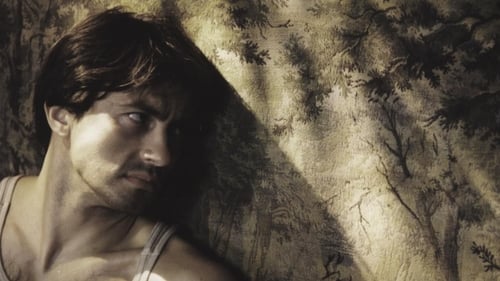
In this dreamlike film, a nameless father and his son, Aleksei, live together in an apartment in St. Petersburg. Aleksei's mother has died and consequently the two have a very close relationship. When Aleksei acquires a girlfriend, she refuses to take a back seat to his bond with his dad, and breaks up with him. Aleksei is also experiencing nightmares, dreading separation from his father to be a part of the military as his father was.

Lithuania, 1977. Memories of childhood, adolescence, and first love in a small provincial town, shown through complexity of human relations at this periodical film.

Banned in the Soviet Union for its "negative" content and never released, Kalatozov was forced to retreat from filmmaking for seven years because of this film. The film sets out to illustrate the old adage, "For want of a nail, the battle was lost," showing how the inferior quality of something so trivial as a nail in a soldier's boot leads inexorably to the capture of an armored train. Kalatozov had intended to demonstrate the crucial and universal importance of efficiency in Soviet industry, but the government decided that his fable gave a negative impression of the Red Army's capabilities.

A poetized chronicle of the events taking place in one of the Georgian villages in the late 19th century, when, to save a forest, the innumerous intelligentsia could rally the people and oppose the industrialists…

The way home for Aleksandr Rekhviashvili is not charted in the conventional sense. It takes the viewer along some peculiar roads and across a unique landscape: Georgian history and legend, politics and social stratification, religion and ethics. Allusive, stylized and allegorical from beginning to end, his long-banned The Way Home is in part a tribute to Rekhviashvili’s favorite director, Pasolini, especially to The Hawks and the Sparrows (1966). Together with the short film Nutsa (1971) and the widely acclaimed Georgian Chronicle of the 19th Century (1979; SFIFF 1983), The Way Home closes a triptych of films that represent Rekhviashvili’s poetic contemplation of Georgia’s past. It makes extensive use of poems by Bella Akhmadulina (the major female poet of the cultural ‘thaw’ of the ’50s and ’60s and a Georgian by descent), and of sets by Amir Kakabadze. Like other films in the trilogy, The Way Home is stunningly photographed in black-and-white.--Oxymoron

A full-blooded, interesting life has long eluded the house where a mother, father, son and daughter live. Trivial household matters, conversation at dinner about duty — that's all that connects them. The situation changes when it becomes known that the family inherited the village house, and that it will probably be necessary to enter into a struggle with the joint heirs. From the bottom of chests, old albums and documents confirming the priority of the family are extracted, and intrigues begin ...

The war is over. Once a young sculptor, and now a soldier, he returned home. Married, there were children. In search of work, he was hired to make grave monuments. Time passed... At one time, visiting a cemetery with friends, he saw with different eyes all his work done over the years...
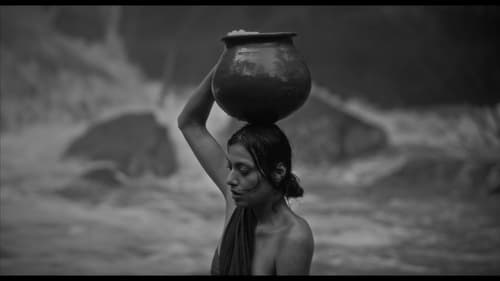
Two monks on a mission choose very different paths

The short film (conveyed in a parable-like story structure) follows a man devoted to himself and the blessings of his attributed god. He struggles to survive a primitive life and is forced to take action to ensure his own prosperity.

Directed by Zaza Khalvashi.
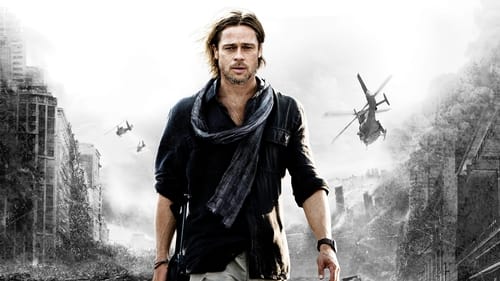
세계 곳곳에서 원인을 알 수 없는 이변이 일어나기 시작하고, 정체 불명의 존재들의 무차별적 공격으로 도시는 순식간에 아수라장으로 변한다. 군인 출신으로 전시 경험이 풍부하고 위기 대처 능력이 뛰어난 전직 UN 소속 조사관 제리는 위험한 상황에서 가까스로 가족들과 탈출하는데 성공하고 이제껏 본 적 없는 인류 최대의 위기 앞에 대재난에 맞설 최후의 적임자로 지목된다. 마침내 제리는 전 세계를 위협하는 거대한 정체들과 직면하게 되고, 그들의 끊임없는 공격에 맞서 필사의 사투를 벌이게 되는데...

작은 도시에서 경찰로 근무하는 미첼은 9살의 딸과 한창 사춘기에 접어든 십대 아들을 둔 평범한 가장이다. 늘 긴장과 위험이 함께하는 업무에 지친데다 원래 보수적이고 무뚝뚝한 성격인 그는 아이들에게도 그리 자상한 아빠가 되어주지는 못한다. 미첼의 파트너 셰인은 이혼 후 아이들의 양육비를 대는 것만도 버거운 생활을 하지만, 미첼과 가장 가까운 동료로 서로의 고민을 나눈다. 애틀랜타에서 새로 부임한 헤이스는 1년차 신참 톰슨과 파트너가 된다. 헤이스는 소도시에서 아이들을 안전하게 키우고 싶어 그곳으로 왔고, 같은 팀인 미첼, 셰인과도 가까워진다. 한편 건설 노동자였던 하비는 실직 후 일자리가 없어 좌절하던 중 우연히 미첼의 집 수리 일을 맡게 되면서 용기와 희망을 얻는다.

출연하는 영화마다 흥행을 이어가던 헐리우드 최고의 스타 조지(장 뒤자르댕). 가는 곳마다 구름 같은 팬들을 몰고 다녔던 조지(장 뒤자르댕이). 하지만 유성영화의 등장으로 무성영화 배우였던 그는 졸지에 설 자리를 잃게 된다. 한편 그를 흠모하는 여인은 신인 시절 조지의 작품에 단역으로 출연하며 운명적인 만남을 가졌던 여배우 페피(베레니스 베조). 달라진 환경에서 더이상 설 자리가 없어진 조지와 달리 매력적인 목소리를 가진 페피는 할리우드 최고의 스타가 되고, 나락에 떨어진 조지를 찾아 나선다.

택배기사로 일하는 타이거(타이거 후 첸)는 링쿵 태극권의 유일한 계승자이다. 그는 태극권이 단지 보여주기 위한 무술이 아니라는 것을 알리기 위해 무술 대회에 참가하고, 새로운 다크호스로 떠오른다. 그 모습을 지켜본 도나카 마크(키아누 리브스)는 타이거에게 파이터가 되어줄 것을 제안한다. 도나카는 대부호들을 대상으로 한 거대 보안회사 대표지만 실제로는 불법적으로 운영되는 언더그라운드 파이트 클럽의 대표다. 경찰의 눈을 피해 심판도 규칙도 없는 무차별한 대결은 비밀리에 계속되고 파이터들은 죽어나가고 있었던 것이다. 그 때 600년을 이어오던 태극권 사찰이 개발자들의 탄원으로 철거 위기에 놓이고, 돈이 필요한 타이거는 도나카의 제안을 받아들인다. 파이터가 된 타이거는 점점 잔인한 싸움꾼이 되어가고 자신이 지키고자 했던 태극권도 위기에 처하는데….
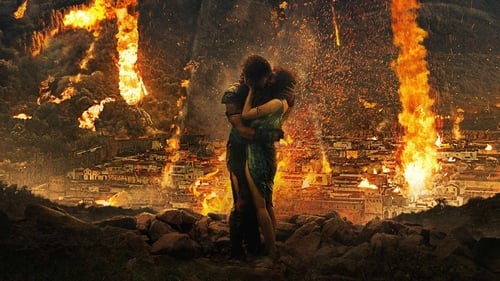
어릴 적 로마 군에 의해 가족을 모두 잃은 뒤 노예 검투사가 된 ‘마일로’(킷 해링턴)는 폼페이 영주의 딸 ‘카시아’(에밀리 브라우닝)와 운명적인 사랑에 빠지게 된다. 풍요를 기원하는 비날리아 축제의 대규모 검투 경기에 참여한 ‘마일로’는 자신의 부모를 죽인 ‘코르부스’(키퍼 서덜랜드)를 발견한다. 로마의 상원 의원이 된 ‘코르부스’는 ‘카시아’와 정략 결혼을 계획하고, ‘마일로’는 부모의 복수와 자신의 연인을 지켜내기 위해 목숨을 건 최후의 검투에 나선다. 그 순간 갑자기 폭발을 시작하는 베수비오 화산! 도망칠 새도 없이 쏟아지는 뜨거운 용암과 화산재에 폼페이는 순식간에 무너져 내리는데…
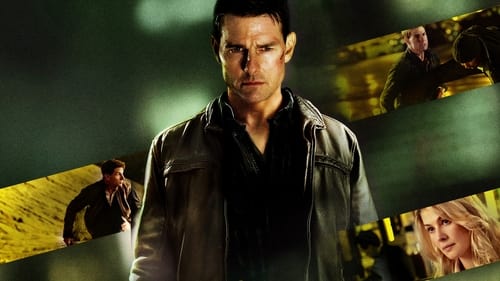
도심 한복판, 6발의 총성과 함께 5명의 시민이 살해되는 사건이 벌어진다. 현장의 모든 증거들이 한 남자를 유일한 용의자로 지목하지만, 그는 자백을 거부한 채 ‘잭 리처를 데려오라’는 메모만을 남긴다. 전직 군 수사관 출신이지만 실제 정체를 아는 이는 누구도 없는 의문의 남자 ‘잭 리처’. 마침내 모습을 드러낸 그는 모든 정황이 완벽해 보이는 사건에 의문을 품고 홀로 진실을 추적하기 위해 나서는데…! 법의 한계를 넘어선 자, ‘잭 리처’ 이제 그의 심판이 시작된다!

1956년, ‘세기의 섹스 심볼’로 불리우며 전세계의 사랑을 한 몸에 받고 있던 ‘마릴린 먼로’는 영화 의 촬영 차 영국을 방문하게 된다. 언론과 대중들의 뜨거운 관심 속에 촬영은 시작되지만, ‘마릴린’은 감독이자 남자 주인공인 ‘로렌스 올리비에’와의 잦은 의견 충돌과 낯선 곳에서의 외로움으로 점점 지쳐간다. 그런 그녀를 위로해준 사람은 조감독 ‘콜린’ 뿐. ‘마릴린’은 한결같이 친절하고 따뜻하게 대해주는 ‘콜린’에게 점차 끌리게 되고, ‘콜린’ 역시 예민하지만 사랑스러운 ‘마릴린’의 매력에 흠뻑 빠지게 된다. 결국 두 사람은 숨막히는 촬영장을 벗어나 일주일간의 달콤한 시간을 보내게 되는데…

